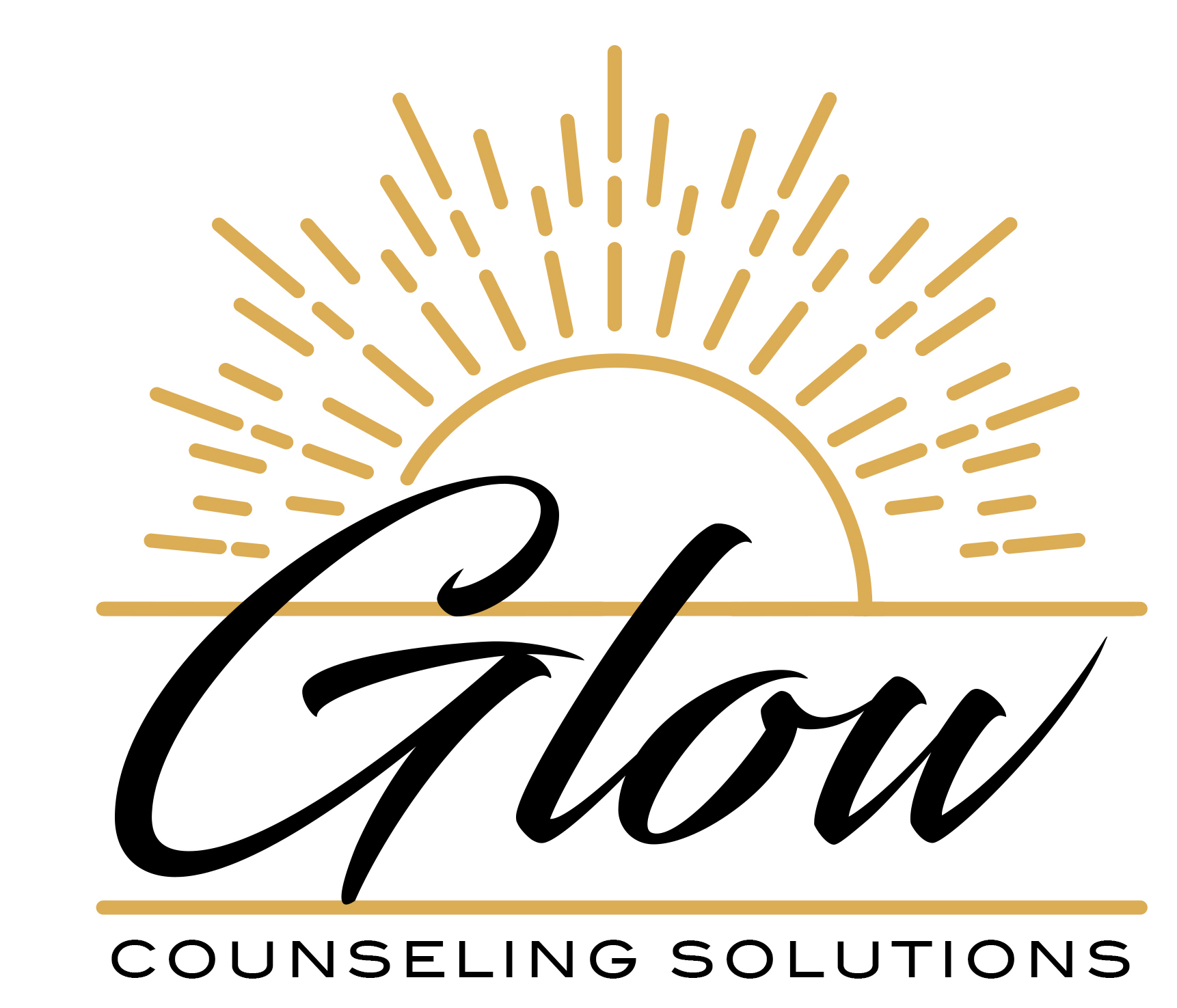How do you know if therapy is working?

How do you know if therapy is working?
Sure, let’s break this down. When determining if therapy is working, there are several key indicators to consider:
1. Emotional Regulation: Therapy aims to help you manage your emotions better. Notice if you’re feeling more in control of your emotions or if you’re able to handle stressful situations more effectively than before. If you find yourself reacting less intensely or feeling less overwhelmed by difficult emotions, it could be a sign that therapy is working.
2. Improved Relationships: Therapy can enhance your interpersonal skills and communication abilities, leading to healthier relationships. Pay attention to how your relationships are evolving. Are you able to express yourself more clearly? Are you resolving conflicts more constructively? Are your connections with others becoming more fulfilling and satisfying?
3. Behavioral Changes: One of the primary goals of therapy is to bring about behavioral change. Reflect on whether you’re noticing any positive changes in your actions and habits. Are you engaging in fewer destructive behaviors? Are you adopting healthier coping mechanisms? Are you making progress towards your goals?
4. Self-Awareness: Therapy encourages self-reflection and self-awareness. Consider whether you’re gaining deeper insights into yourself, your thought patterns, and your behaviors. Are you becoming more mindful of your reactions and motivations? Are you developing a clearer understanding of your strengths and weaknesses?
5. Reduced Symptoms: If you sought therapy to address specific mental health symptoms, monitor whether those symptoms are improving. This could include symptoms of depression, anxiety, PTSD, OCD, or any other mental health condition you may be dealing with. Keep track of any changes in the frequency and intensity of your symptoms over time.
6. Increased Resilience: Therapy can help you build resilience, which is your ability to bounce back from setbacks and adversity. Notice if you’re becoming more resilient in the face of challenges. Are you better equipped to handle setbacks and disappointments? Are you able to maintain a sense of hope and optimism even during difficult times?
7. Sense of Progress: Pay attention to your overall sense of progress and growth. Do you feel like you’re moving forward in your life? Are you achieving the goals you set for yourself in therapy? Are you experiencing a greater sense of fulfillment and satisfaction in your life?
8. Therapeutic Relationship: The relationship between you and your therapist is crucial to the success of therapy. Reflect on how you feel about your therapist and the therapeutic process. Do you feel understood and supported by your therapist? Do you trust their guidance and expertise? Are you comfortable being open and honest with them?
9. Feedback from Others: Sometimes, the people around you may notice changes in you before you do. Pay attention to any feedback you receive from friends, family members, or coworkers. Are they noticing positive changes in your behavior, attitude, or overall well-being?
10. Personal Insights: Finally, trust your own intuition and judgment. Take some time to reflect on your own experiences and observations. How do you feel about the progress you’re making in therapy? Are you satisfied with the direction your therapy is taking? Trust yourself to know what’s best for you and whether therapy is working for you.
Ultimately, the effectiveness of therapy is a highly personal and subjective experience. What works for one person may not work for another. It’s important to be patient and give yourself time to see progress. If you have concerns about the effectiveness of your therapy, don’t hesitate to discuss them openly with your therapist. They can provide valuable insights and adjustments to ensure you’re getting the most out of your therapeutic experience.

